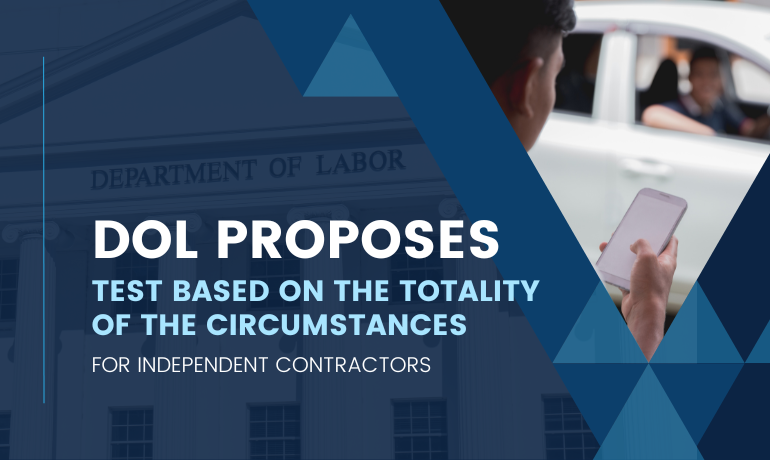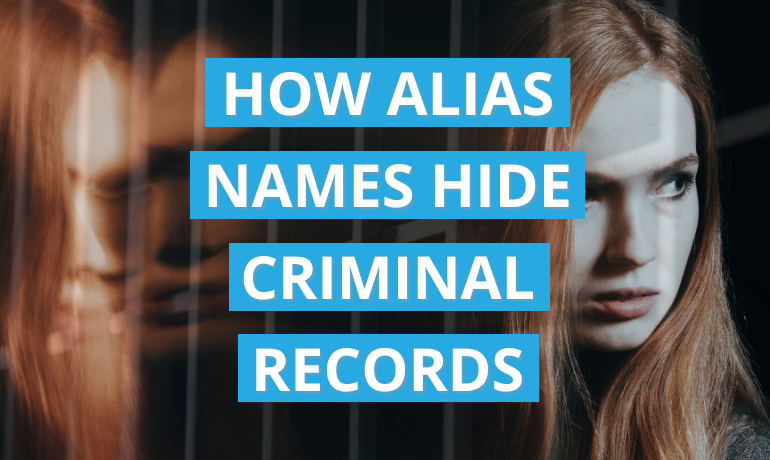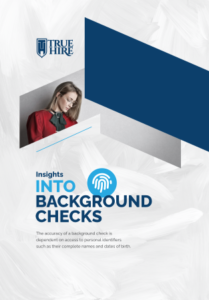I. EEOC
A. Commissioner Chai Feldblum. Commissioner Feldblum’s nomination has been pulled from the scheduled vote on Wednesday, Sept. 18, in the Senate Health Education Labor & Pensions Committee. The vote is more likely to proceed on Oct. 2.
B. WSJ. The Wall Street Journal recently posted an article, Sue First, Investigate Later: Federal judges keep tossing EEOC lawsuits out of court.
C. EEOC responds to AGs. The EEOC responded to the July letter from nine Republican attorneys general on the Commission’s criminal guidance. Below is a summary of the EEOC response:
- Guidance passed on a “Bipartisan vote” Commission; the EEOC received over 300 written comments from the public.
- “The updated guidance clarifies and updates…longstanding policy.”
- Disparate impact is:
- Supported by the Supreme Court in a 1971 decision and codified by Congress in the Civil Rights Act of 1991.
- “[S]quarely within [the EEOC’s] mission.”
- “Rooted in longstanding EEOC policy guidance, dating from the late 1980s adopted under then-Commission Chair Clarence Thomas.”
- “It is not illegal for employers to conduct or use the results of criminal background checks…”
- On individualized assessments: The AG letter objects to the guidance’s “discussion of individualized assessments. But this objection appears to be premised on a misunderstanding: that the Guidance urges employers ‘to use individualized assessments rather than bright-line screens.’ This is incorrect. The Guidance does not urge or require individualized assessments of all applicants and employee * * * The Guidance encourages a two-step process, with individualized assessment as the second step. First, the Guidance calls for employers to use a ‘targeted’ screen of criminal records.” A “targeted” screen considers “at least the nature of the crime, the time elapsed, and the nature of the job * * * the individualized assessment is a safeguard that can help an employer to avoid liability when it cannot demonstrate that using only its targeted screen would always be job related and consistent with business necessity.”
- On preemption: The guidance “does not supersede any state or local laws. Title VII does, but only if the state or local law requires or permits an act that is inconsistent with the federal statute and the guidance is simply reciting and applying the text of Title VII, which sets forth the principle that federal law preempts contradictory state or local law.”
II. Massachusetts Employment Screening
We recently informed you about two bills that were heard on Sept. 10 before the Joint Committee on Labor and Workforce Development, H. 1731 and H. 1744. House Bill 1744 could be read to ban all criminal histories for employment in the state and H. 1731 would largely ban all credit histories for employment in the state.
There were about 12 witnesses for both bills and one witness against – CDIA. CDIA’s vision of a successful outcome is to (a) amend H. 1731 to look more like Connecticut law and allow for wider uses of credit, and (b) change “consumer report” to credit in H. 1744 and then make that bill look like Connecticut law as well. Connecticut law, Sec. 31-51tt, allows the use of credit histories for a wide variety of positions where its use is commonly accepted as significant for employers.
While the committee may be willing to change “consumer report” to credit and to make other changes for allowing for additional credit use, such changes will not likely happen without broad support for these amendments from the business community. We encourage interested associations and businesses to contact their state associations, lobbyists, and allied businesses in Massachusetts to generate additional opposition to H. 1731 and H. 1744, and to urge changes as outlined above.
NAPBS
This news update is just one of the ways NAPBS keeps you informed on the important issues concerning the background screening industry.




